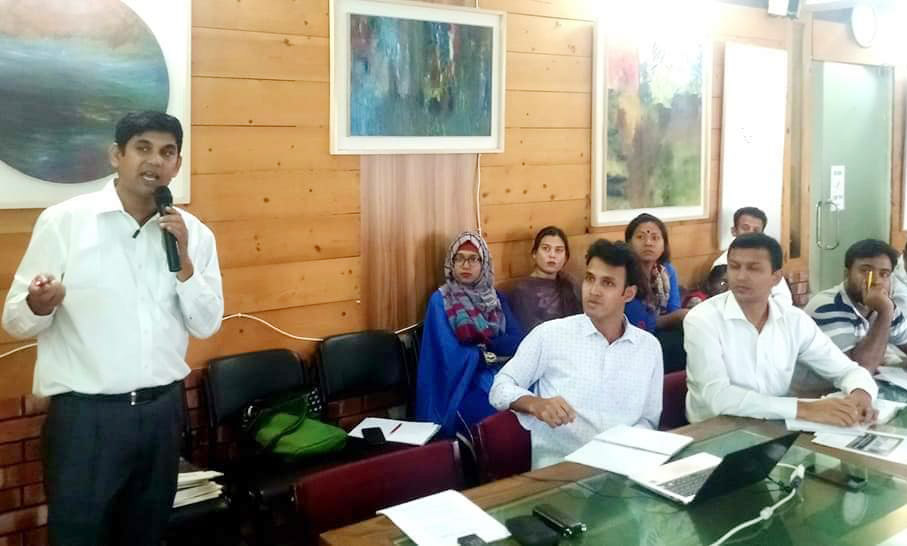
 Tobacco companies are putting 'death knell' at people's hands. Not only that, they are delaying in formulating helpful policies in public health development and creating obstacles in implementing these policies. Tobacco companies must be strictly regulated so that the policies and initiatives taken in the public interest are not harmed. For this, proper implementation of existing laws and supporting policies should be formulated.
Tobacco companies are putting 'death knell' at people's hands. Not only that, they are delaying in formulating helpful policies in public health development and creating obstacles in implementing these policies. Tobacco companies must be strictly regulated so that the policies and initiatives taken in the public interest are not harmed. For this, proper implementation of existing laws and supporting policies should be formulated.
Speakers said the above issues during a meeting entitled as “Intervention of Tobacco Company in Policy: In context of Bangladesh” organized by the Bangladesh Anti-Tobacco Alliance on Tuesday, November 26, 2019 at noon in Rayerbazar, Dhaka. Sushanta Kumar Singha, special correspondent of Jamuna TV and tobacco control researcher presented an article in the meeting.
Helal Ahmed, general secretary of Prottasha Anti Tobacco Organization presided over the meeting in which speeches were given by Debra Ephrimson, executive director of the Institute of Wellbeing; Syed Mahbubul Alam, technical advisor of the Union, Dr. Md. Khaled Shawkat Ali, chairman of the Ekattor Foundation; senior journalist Nikhil Chandra Bhadra and others. Syeda Ananya Rahman, program manager of WBB Trust performed presentation in the meeting.
There were also Md. Nazmul Haider, program manager of YPSA; A.K.M Khalil Ullah, project coordinator of NATAB; Md. Abul Hosain, executive director of SARP; Sagufta Sultana, public helath development officer; Hamidul Islam Hillol, project manager of Bureau of Economic Research; Farhana Zaman Liza, project officer of TCRC; Abu Naser Anik, advocacy officer of Aid Foundation; Md. Masum Billah, reporter of Sharebiz newspaper; Nazmul Hasan Sagor, reporter of BARTA 24, Md. Meherul Islam working from Amader Somoy and others.
Grambangla Unnayan Committee, Bangladesh Youth Climate Network, The People’s University of Bangladesh, Lalu Panchayet, Keraniganj Human Resource Development, Himu Paribahan and representatives from different organizations also participated in the meeting.
Speakers at the meeting said that tobacco companies are taking favor by spreading influence at various ministries, offices and policy-making levels. As a result, public health is being neglected in many cases.
The speakers added that such activities of the tobacco companies are in conflict with the International Tobacco Control Agreement FCTC (Framework Convention on Tobacco Control). As a country signing the agreement, Bangladesh should not avoid moral obligations in compliance with the FCTC. By doing these, tobacco companies will be benefited and the public health will be under extreme threat.
The speakers also extended their speeches by specifying that proper implementation of existing laws and formulation of supporting policies for strictly controlling the tobacco companies were also important.
